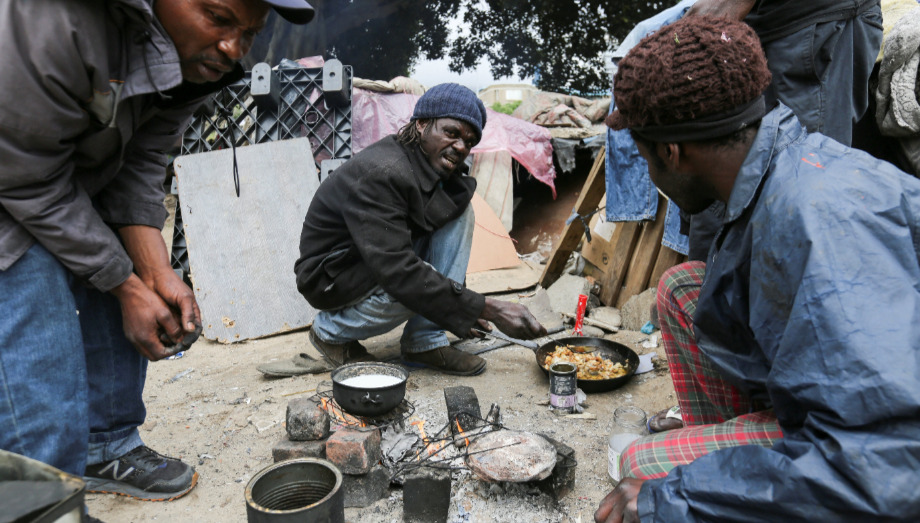"Before the poor we do not engage in rhetoric, but we roll up our sleeves and put our faith into practice through direct involvement, which cannot be delegated to anyone." Pope Francis wrote this on June 13 in his Message for World Day of the PoorThe Jubilee of Mercy, which he instituted at the end of the Jubilee of Mercy, which this year will be celebrated on Sunday, November 13.
He repeated it at the Commemoration of the Faithful Departed in St. Peter's Basilica: "God waits to be caressed not with words, but with deeds". Words that sound like stones, like putting oneself in the mirror and measuring the degree of faith and readiness to become dispensers of God's mercy.
It is an unambiguous invitation to be on the right side - as the Pope explained in the liturgy of November 2, centered on chapter 25 of the Gospel of Matthew, so dear to him - also because "at the divine tribunal, the only head of merit and accusation is mercy towards the poor and the discarded."
Free love
Certainly, it is a path that is learned with time and that has its fulcrum in gratuitousness: "to love gratuitously, without expecting reciprocity". But it is one that must be undertaken immediately "now, today", without losing oneself in pointing out, analysis and various justifications.
The imminent World Day of the Poor aims to spread the same appeal, which this year reiterates in its motto how Christ himself "became poor for us," drawing inspiration from the passage of St. Paul to the Corinthians. A poor man who identifies himself with the countless victims of war, for example, a senselessness that reaps death and destruction and only increases the number of destitute people in the world.
This is why it is necessary to open the doors of hearts and solidarity, learning to "share the little we have with those who have nothing, so that no one suffers". A generous and sincere attention that is far from an inconclusive or distant activism, but which also approaches the poor out of a sense of social justiceas the Pontiff wrote in Evangelii Gaudium.
Indeed, there is a poverty that kills, which is misery, injustice, exploitation, violence, the unjust distribution of resources; and there is a poverty that liberates, which leads us to focus on what is essential, the Holy Father reflects again in his Message for the day of November 13: "the encounter with the poor allows us to put an end to so many anxieties and inconsistent fears, to arrive at what really counts in life and that no one can steal from us: true and gratuitous love".
Ultimately, in the correct understanding of the phenomenon, according to Pope Francis, the poor, before being the object of our generous attention, "are subjects who help to free us from the bonds of restlessness and superficiality".
World Day
For this reason, for the sixth consecutive year, the World Day of the Poor will be celebrated throughout the world, centered on the Holy Mass presided over by Pope Francis in St. Peter's Basilica. In the days leading up to this event, numerous solidarity initiatives are being carried out in the Diocese of Rome, the Church that presides over all others in matters of charity.
Last year, for example, more than 5,000 families received a first aid kit to cope with the pandemic and various seasonal illnesses; tons of staple foods were destroyed; and some 500 families affected by unemployment were relieved of utility and rent costs.
The World Day of the Poor, "every year takes root more and more in the hearts of Christians around the world with initiatives of the most varied kinds, fruit of the creative charity that animates and arouses the commitment of faith," commented Archbishop Rino Fisichella, head of the Section of the Dicastery for Education that has been responsible for carrying out the initiative for the past six years.








